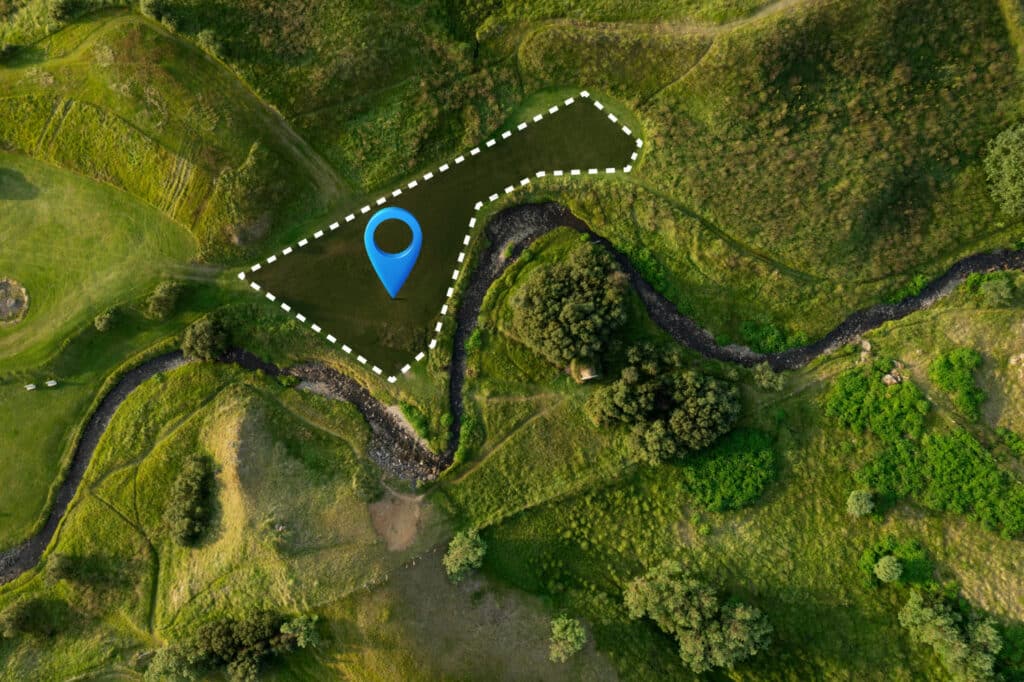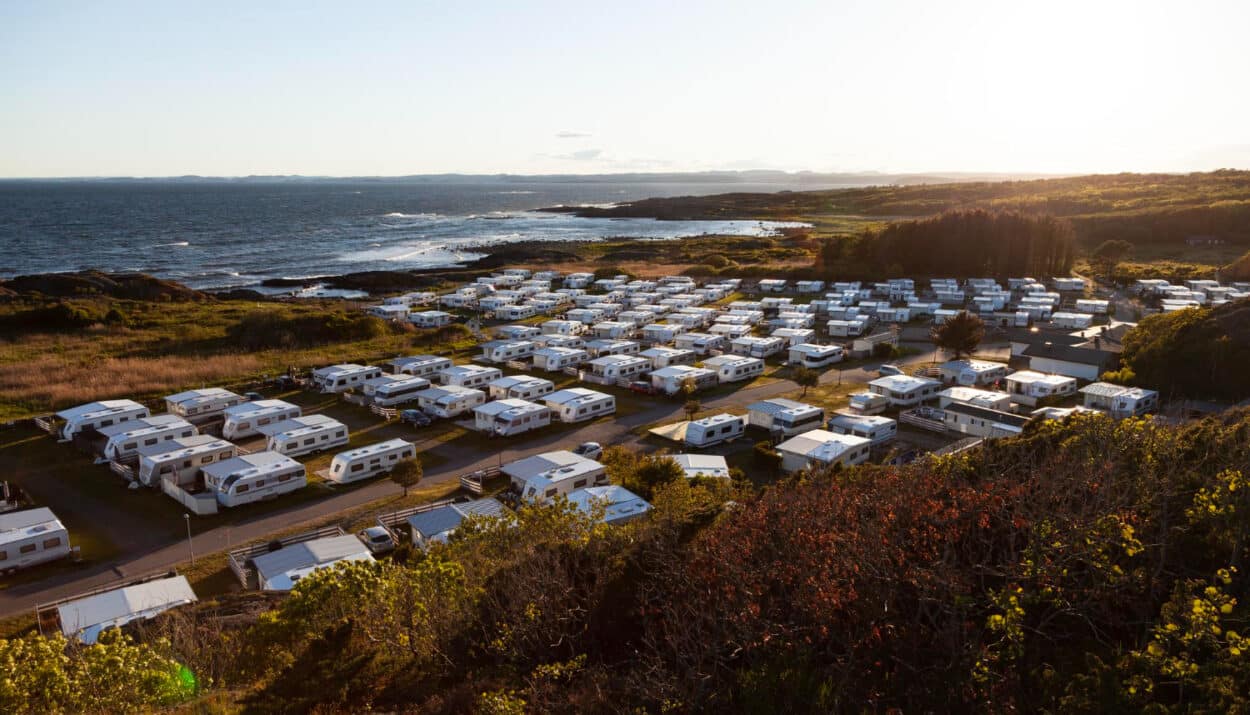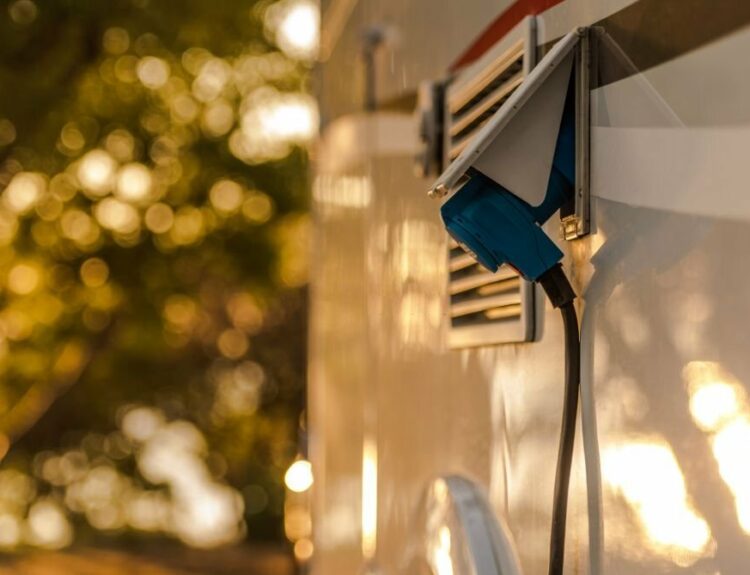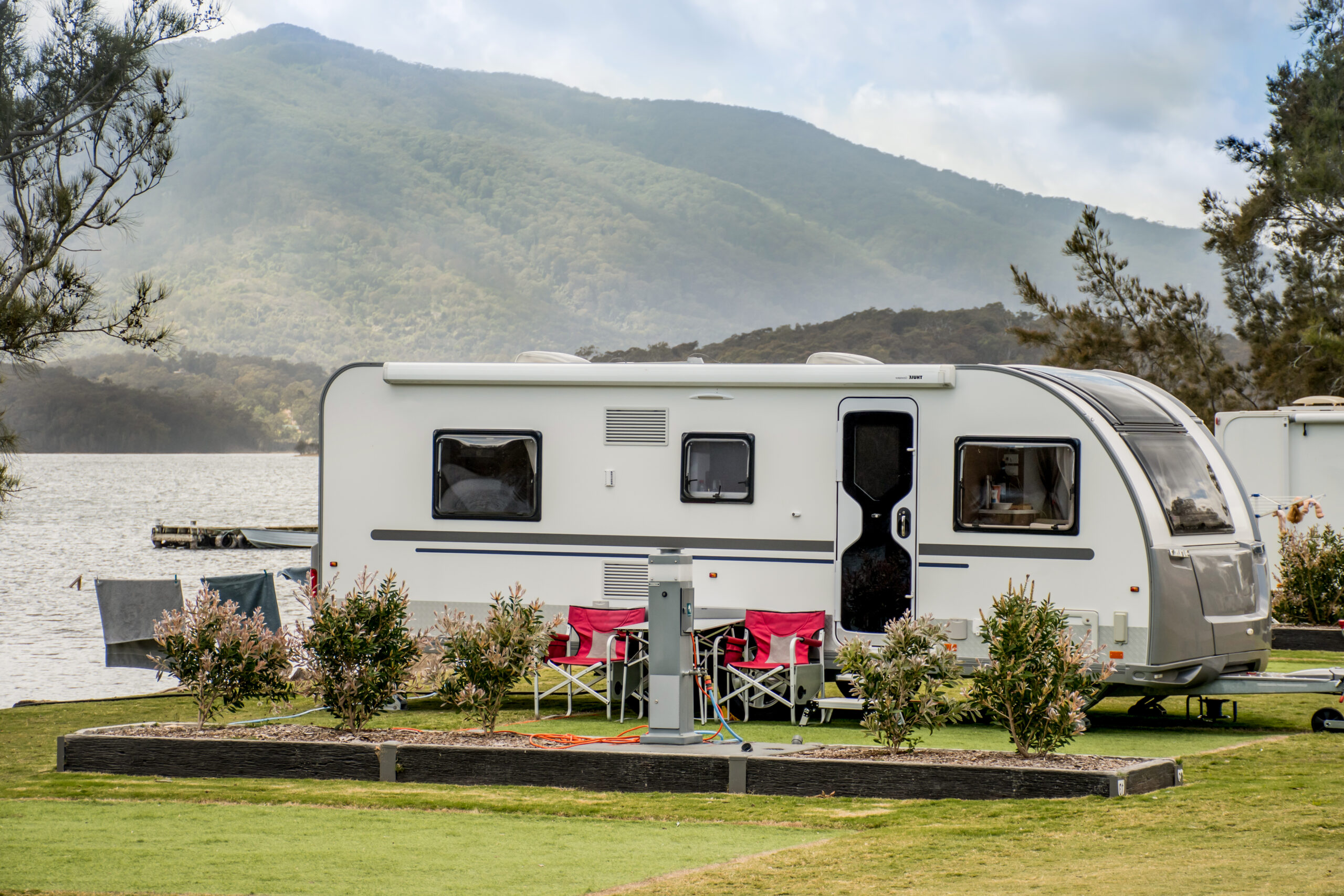Starting an RV park is an exciting venture, but before you start building, you need to ensure the land is properly zoned. Zoning laws dictate where RV parks can be built, what amenities they must provide, and how they can operate. Understanding these regulations is essential to avoid costly delays and legal challenges. This article will help you navigate RV park zoning requirements in the U.S., ensuring you are set up for long-term success.
What Is RV Park Zoning?
Before selecting a location for your RV park, it’s crucial to understand the role zoning plays in land development. Zoning laws regulate land use to ensure properties are developed in appropriate areas, helping to maintain order and prevent land-use conflicts.
Definition of Zoning and Its Purpose
Zoning laws classify land into different categories, such as residential, commercial, agricultural, and recreational, to ensure organized development and prevent conflicts between land uses. The local government enforces these regulations to maintain community planning standards and promote safety. RV parks typically fall under commercial, recreational, or mixed-use zoning, depending on the location and intended use.
How Zoning Affects RV Park Development
Understanding zoning classifications is essential not only for selecting the right land but also for planning the rv space layout and operational structure. Zoning laws influence critical factors such as lot size, infrastructure, and restrictions on long-term RV stays. Additionally, RV park operators may encounter location-specific rules, such as environmental regulations assessments or floodplain restrictions, which must be addressed before construction can begin.

Common Zoning Classifications for RV Parks
Now that it’s clear how zoning affects RV park development, let’s explore the different zoning classifications that may apply to the campground. Knowing which classification the desired land falls under can save time and resources by avoiding unexpected rezoning challenges.
Commercial vs. Recreational Zoning
Since RV parks operate as hospitality businesses, they often fall under commercial zoning. However, if a park is situated in a designated outdoor space like a state park or conservation area, recreational zoning may be required. In some instances, parks may need to meet both commercial and recreational zoning requirements, depending on their location and business model.
Special Use Zoning Permits for RV Parks
If the property does not fit within existing zoning categories, a special use permit may be necessary. This process typically involves public hearings and community input, and approvals often come with additional conditions, such as environmental safeguards or infrastructure improvements. Navigating this process early can prevent delays down the road.
Mixed-Use Zoning Considerations
In certain cases, RV parks may be developed within mixed-use zones—areas that permit a combination of residential, commercial, and recreational activities. This zoning type can offer added flexibility for park owners who wish to expand their offerings beyond traditional RV accommodations.
For example, mixed-use zoning may support the inclusion of cabins, retail shops, or other lodging options within the park. It’s important to carefully review local zoning ordinances to make sure that all proposed uses are allowed and fit in with the overall zoning laws.
The Zoning Approval Process for an RV Park
Once it’s identified the right zoning classification for your RV park, the next step is securing official approval to begin development. Even if the land is appropriately zoned, you must follow a structured approval process to ensure compliance with local authorities and state requirements.
How to Check Local Zoning Regulations
To confirm that the land is zoned correctly for an RV park, you should:
- Contact city council or county planning offices for zoning details.
- Review GIS maps and the zoning ordinance available on government websites.
- Consult a zoning expert or real estate attorney to clarify any legal uncertainties.
Steps to Rezone a Property for an RV Park
If the land you have selected is not already zoned for RV parks, rezoning may be an option. The process generally involves:
Step 1: Submit Your Rezoning Application
Begin by preparing and submitting a comprehensive rezoning application. Include detailed site plans that clearly outline your proposed layout for the RV park.
Step 2: Participate in Public Hearings
Attend scheduled public hearings where local officials and community members have the opportunity to review and discuss your proposal.
Step 3: Address Community Feedback
Listen to any concerns raised during the hearings and make the necessary modifications to your plans to address these issues.
Step 4: Secure Final Approval
Once you have updated your proposal to satisfy community and regulatory concerns, obtain final approval from the relevant authorities before moving forward with the development.
Working with City and County Planning Departments
Local planning departments oversee zoning applications and approvals. They may require additional studies, including:
- Environmental impact assessments to evaluate the potential effects on local wildlife and ecosystems.
- Traffic studies to determine whether nearby roads can accommodate RV traffic.
- Infrastructure plans detailing water, sewer, and electrical systems to ensure adequate service to park guests.

Key Factors to Consider in RV Park Zoning
Other regulations can also affect how your RV park is developed other than zoning. For example, environmental considerations, infrastructure needs, and health and safety requirements must be addressed to ensure smooth operations.
Environmental and Land Use Restrictions
Certain locations, such as wetlands, flood zones, or protected lands, have strict development restrictions. Some states mandate environmental impact studies to assess how a park may affect local ecosystems. Identifying these restrictions early can prevent legal setbacks and ensure compliance with conservation laws.
Infrastructure and Utility Requirements
To provide a comfortable and functional environment for RV travelers, parks must have proper infrastructure, including water, sewer, and electrical systems. In rural areas, RV owners may need to install private wells and septic systems, while urban locations may require connections to municipal utilities. Roads, drainage systems, and parking areas must also meet local engineering standards.
Compliance with Health and Safety Codes
Zoning laws intersect with health and safety regulations to ensure the well-being of park guests. Some key requirements include:
- Fire safety codes dictating spacing between RVs and emergency exits.
- Sanitary requirements for restrooms, waste disposal, and potable water access.
- ADA (Americans with Disabilities Act) compliance to accommodate guests with disabilities.
Understanding and meeting health and safety codes is just one piece of the puzzle when developing an RV park. However, even with full compliance, zoning challenges can still arise. Let’s look at some of the most common obstacles and how to get around them.
Challenges and Solutions in RV Park Zoning
Even with careful planning, zoning challenges can arise. However, by taking a proactive approach, you can address these issues effectively and keep your project moving forward.
Overcoming Zoning Restrictions
If the land isn’t zoned for an RV park, the rezoning process can be time-consuming and complex. Some communities resist zoning changes due to concerns about traffic, environmental impact, or property values. To increase the chances of success:
- Engage with local planners early to understand potential obstacles.
- Present a strong business case highlighting economic benefits, such as increased tourism revenue.
- Work with a land use attorney to navigate legal complexities efficiently.
Addressing Community Concerns and Opposition
Community opposition is common when new developments are proposed. Residents may worry about noise, congestion, or environmental impact. To ease concerns:
- Attend town hall meetings and engage directly with residents.
- Highlight the benefits of your RV park, such as job creation and recreational opportunities.
- Propose solutions like noise control measures and green space development to mitigate concerns.
Legal and Financial Considerations
Navigating zoning regulations often comes with costs, including rezoning applications, environmental studies, and building permit fees. An RV park owner should budget for these expenses and plan for ongoing costs, such as inspections and permit renewals. Having a financial contingency plan ensures you can cover unexpected regulatory expenses.
Frequently Asked Questions
How long does the zoning or rezoning approval process typically take?
The timeline varies by municipality and project complexity, generally ranging from a few months to over a year. Factors such as public hearings, environmental reviews, and administrative backlogs can affect the schedule. Maintaining regular communication with local planning officials can help manage expectations.
How do zoning regulations differ between urban, suburban, and rural areas?
Urban areas tend to have stricter guidelines to manage higher density and complex land use, while suburban and rural areas might offer more flexibility but present challenges like limited infrastructure or broader environmental restrictions.
Do I need a special permit to operate an RV park?
In some jurisdictions, an RV park may require a special use permit if zoning laws do not explicitly allow for it. These permits often come with additional conditions, such as environmental impact assessments or health and safety compliance.
What infrastructure and utilities are required for an RV park?
RV parks must have water, sewer, and electrical systems. Depending on location, this may include private wells and septic systems or connections to municipal utility services. Developers must ensure these systems meet local regulations.
Can I appeal a zoning decision if my rezoning application is denied?
Yes, most municipalities offer an appeals process. This usually involves submitting additional documentation or attending follow-up hearings. Consulting with a land use attorney can help you understand the specific procedures and improve your chances for a successful appeal.






